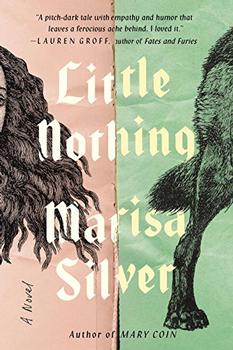Yes, the perceptions of those who came to know her as a person changed, starting with her parents, then classmates and townspeople. At the same time, in her world (and in ours, still) her "otherness" was still something that set her apart from most people's definition of normalcy. Her parents were convinced that she wouldn't be able to find a husband, and to protect her for the time when they wouldn't be around, they turned to "doctors." I have to respectfully disagree with the idea expressed that this was a "flaw" in the story. Horrifying, yes, but for a reason. Pavla stands for all of the ways that society (any society) treats those considered to be "other." From that symbolic standpoint, her transformation after the stretching -- and eventually, into an animal -- was realistic. It was one of the devices the author used to make the novel into a fairy tale, an allegory, dealing with psychological/spiritual truth.


